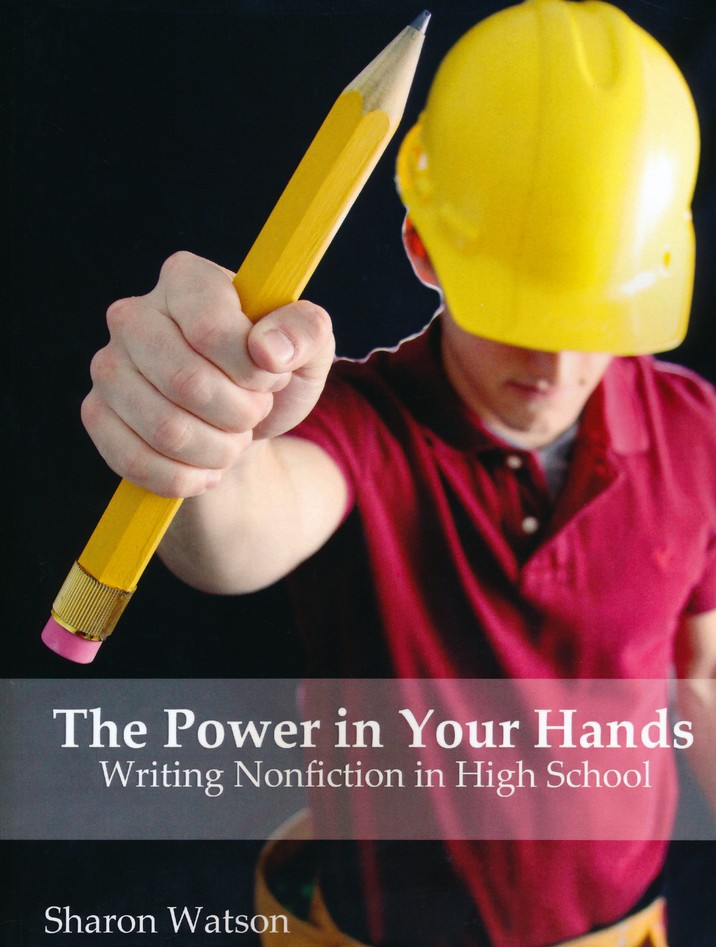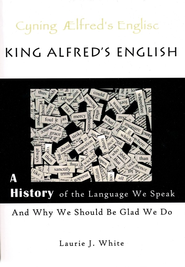A story’s point of view (POV) can affect how the story feels.
For instance, The Magician’s Nephew by C. S. Lewis is written in the third-person omniscient POV: The narrator knows everything, even things that some of the characters do not. The invisible narrator in omniscient POV can tell readers what one character is feeling or thinking and then turn right around and ramble around in another character’s heart and mind and report that to us.
The omniscient point of view is out of fashion today. It followed all the major characters and reported on their happenings. We today want to journey through a story with only one or two main characters because it feels more personal that way.
Here’s a portion of the second paragraph of “The Wood Between the Worlds” in The Magician’s Nephew. The protagonist Digory has just arrived in that forest by means of a magic ring:
Read More



















